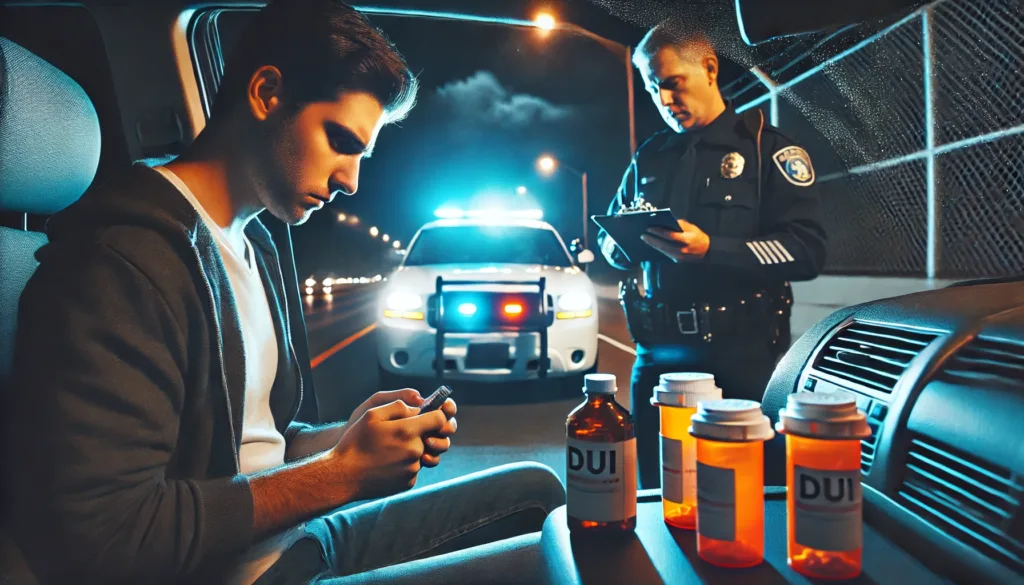Overview:
Driving under the influence (DUI) of prescription medications can have serious legal consequences in Washington State. While many people are aware of the risks associated with alcohol and illegal drugs, prescription medications can also impair a driver’s ability to operate a vehicle safely. Understanding the legal implications and potential defenses is crucial for anyone facing a DUI charge related to prescription medication use.
Legal Implications:
- Impairment and DUI Charges:
- In Washington State, it is illegal to drive under the influence of any substance, including prescription medications, if it impairs your ability to drive safely.
- RCW 46.61.502 defines DUI as driving with a blood alcohol concentration (BAC) of 0.08% or higher, or under the influence of drugs, including prescription medications, to a degree that impairs the driver’s ability to operate a vehicle safely.
- Types of Prescription Medications:
- Common prescription medications that can impair driving include opioids, benzodiazepines, sleep aids, muscle relaxants, and certain antidepressants.
- Even medications that are legally prescribed by a doctor can lead to DUI charges if they affect the driver’s mental or physical faculties.
- Testing and Evidence:
- Law enforcement officers can conduct field sobriety tests and request blood or urine tests to determine the presence of prescription medications in a driver’s system.
- The presence of prescription medications alone is not enough for a DUI conviction; the prosecution must prove that the medication impaired the driver’s ability to drive safely.
Potential Defenses:
- Prescription Validity:
- A valid prescription from a licensed medical professional can be a defense. However, this does not exempt the driver from DUI charges if the medication impairs their driving ability.
- It is essential to show that the driver was taking the medication according to the prescribed dosage and instructions.
- Lack of Impairment:
- The defense can argue that the medication did not impair the driver’s ability to operate the vehicle safely.
- Expert testimony may be used to demonstrate that the medication levels in the driver’s system were within a therapeutic range and did not cause impairment.
- Procedural Errors:
- Any procedural errors made by law enforcement during the arrest or testing process can be a basis for defense.
- This includes improper administration of field sobriety tests, lack of probable cause for the traffic stop, or errors in handling blood or urine samples.
- Medical Condition:
- A defense can be made if the driver’s behavior or appearance was due to a medical condition rather than impairment from medication.
- Medical records and expert testimony can support this defense.
Why Hire Blanford Law:
Facing DUI charges related to prescription medications requires a thorough understanding of both medical and legal issues. Blanford Law offers experienced legal representation to navigate these complex cases, providing expert guidance and a robust defense to protect your rights.
Review our client resources here
Contact us anytime for your urgent legal needs.
About Blanford Law:
We are no-nonsense, relentless, fair, and honest. We are great listeners instead of fast talkers, that is just who we are. More than 20 years ago, Ken began practicing law with a deeply-seeded belief that every person has the right to the best legal representation available. He built his law firm on that belief. Another belief that he strongly adheres to is his fundamental belief that clients deserve respect, with no assumptions or preconceived notions. If you or someone you know is accused of a crime or injured as a result of the negligence of another, please have them call us at 253-720-9304 or email us info@blanfordlaw.com

